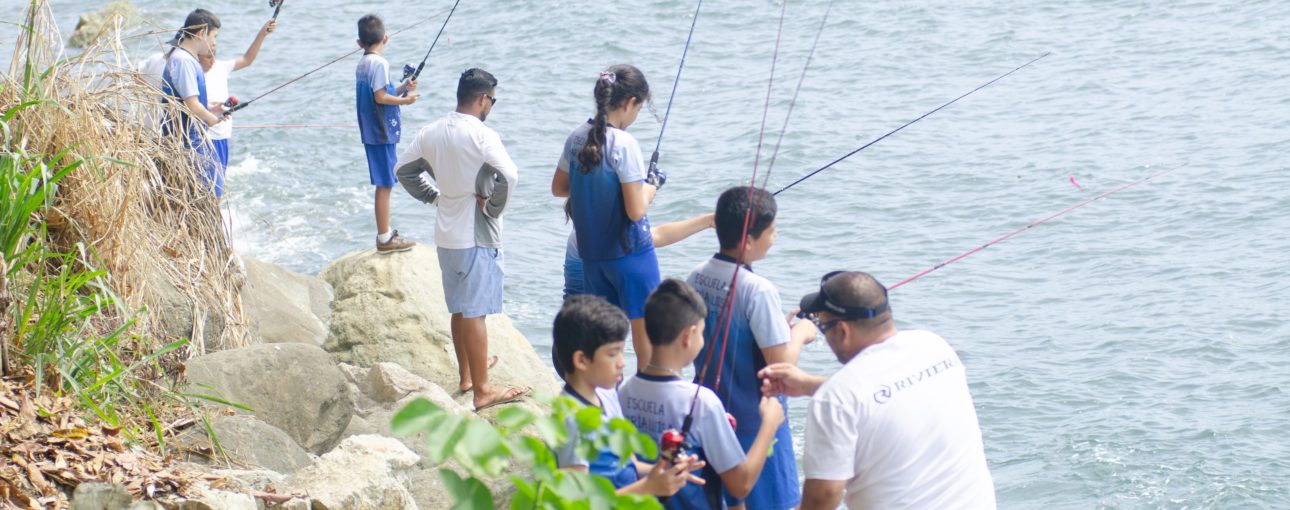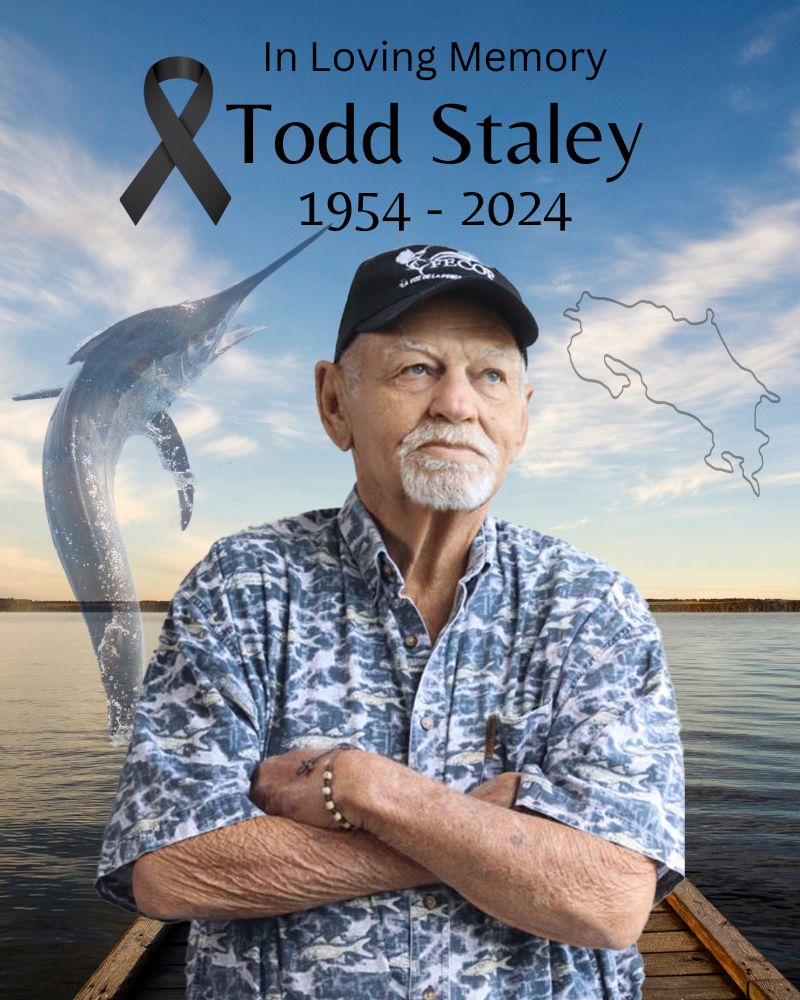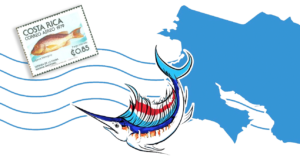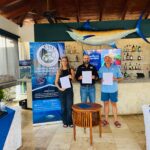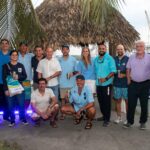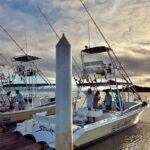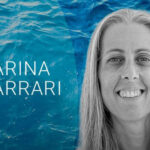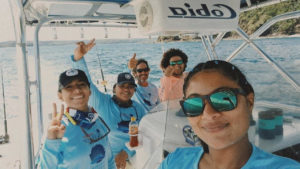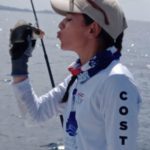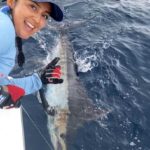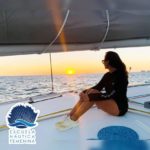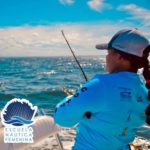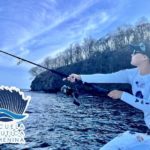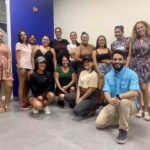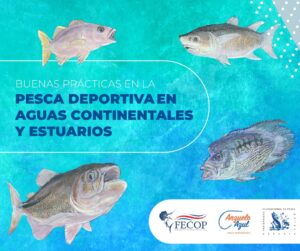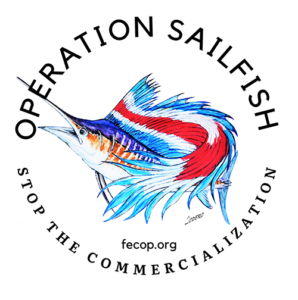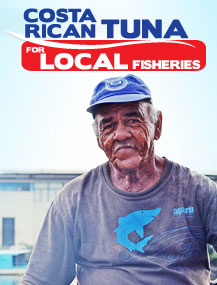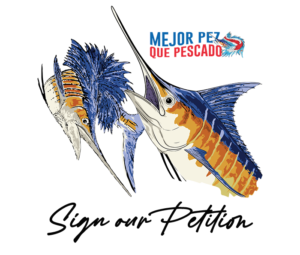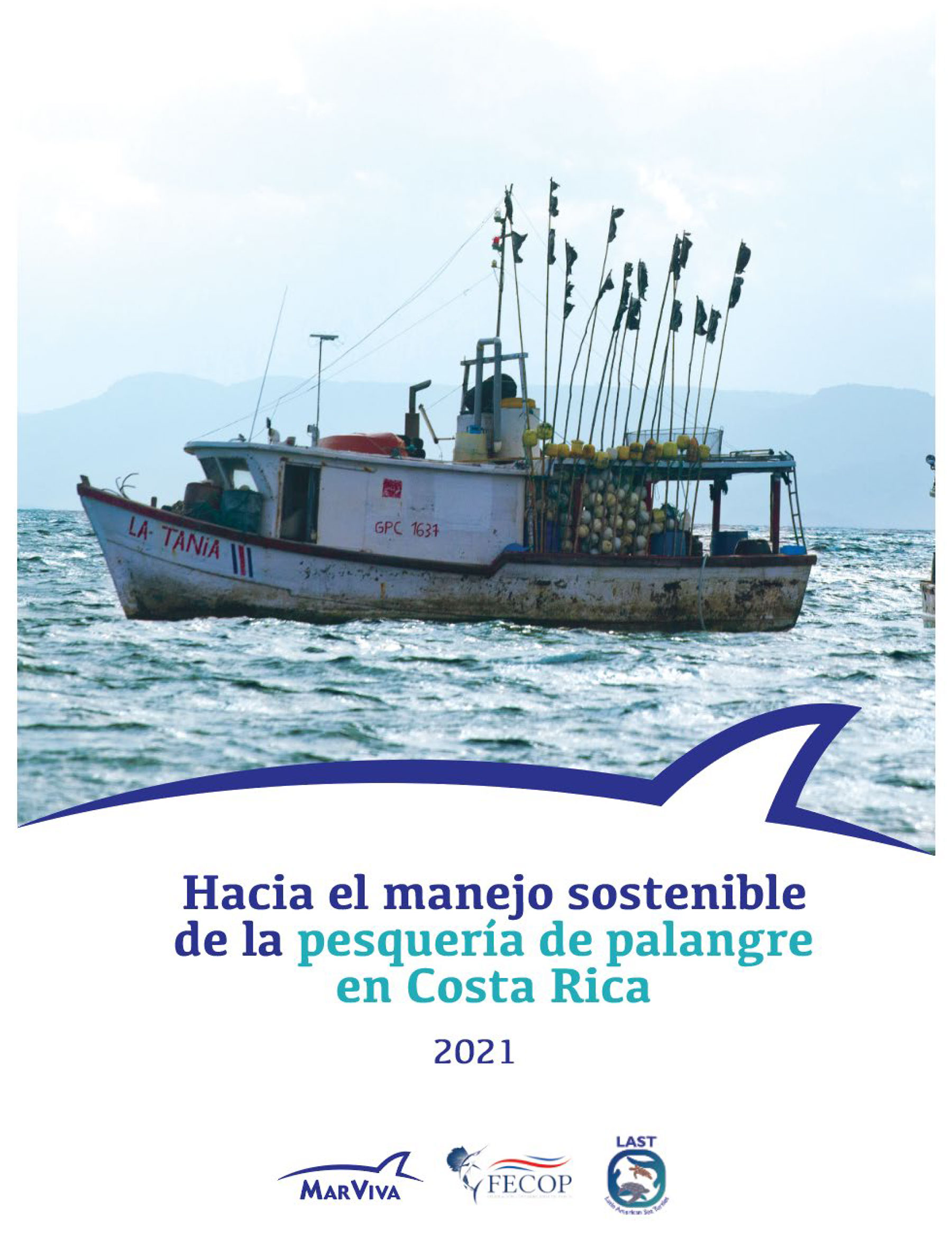Fishing for the next generation in Quepos, Costa Rica
Having completed the 20th edition of the Offshore World Championship in May, and the 7th edition of this iconic event here at Marina Pez Vela, the opportunity to reflect on the impact of Costa Rica fishing on our local community and tourism in the area is upon us.
While Manuel Antonio is firmly established as an ecotourism destination, for so many of us, we forget that Costa Rica fishing has long been a way of life and subsistence for the local Quepos community and that early sport fishing exploration was some of the first tourism to the area.
The history and roots of the ocean and fishing are deeply rooted in this community, and it would be easy to write a book, or two, on the history of both artisanal fishing as well as the history of sportfishing in the area along with its socio-economic impacts.
That being said, I wanted to take a minute to share some thoughts and perspective on the sustainability of fishing in the area and the generational component which is visible now, more than ever.
At Marina Pez Vela, there is a tremendous commitment to sustainability in all forms of the word. Our commitment to our community, its growth and well-being from a cultural and economic standing is unwavering and very much a part of our DNA at the project.
In regards to fishing, Costa Rica in general — led by agencies such as FECOP and members of the private sector — has been a global leader in sustainability in the fishing world. Costa Rica was one of the first countries to implement mandatory use of the circle hook in its sport fishing practices, and today it bans the practice of taking live billfish out of the water for photographs. There is an acute awareness of the importance of protecting the very things that have made this destination a hot spot for anglers, and Marina Pez Vela is now the top location in the world for the Gray Fish Tag Research foundation.
These efforts are crucial to the future of the project and the ability to ensure that our waters are rich in marine life for generations to come.
Culturally, we are already seeing multi-generation teams of captains and mates working the growing charter and private fleets in the marina. With all the new tourism and investments in marina, high-paying jobs are being created that allow our local community amazing opportunities in all areas of the fishing world, including captain, mates, marine mechanics, electrical engineering and canvass, to name a few.
More and more Quepos youth have family members or friends who have been part of the industry and are dreaming of their chance to learn more about fishing and its magic.
At this year’s Offshore World Championship, we had an amazing opportunity with 50 children from the community. While anglers from around the globe went out to fight for a world title, the captains and crews from the fleet at Marina Pez Vela, along with the team from Bonnier, host of the OWC, presented each of the 50 kids with a rod. They were taught casting and the basics of fishing from the organizational team.
While records were not set with the amount of fish caught, I can assure you records were set with the amount of smiles, excitement and enthusiasm from these children.
At the end of the session, just when you thought it couldn’t get any better, Bonnier announced that each child was able to keep their rod as a gift from the OWC. One child and his family spoke of how he had been starting to save to buy his own rod but didn’t know how many years it was going to take him. His commitment and passion were rewarded with some basic knowledge and tools to pursue his passion, all in the shadow of the world’s biggest fishing tournament stage.
Who knows how many of those kids will fish for pleasure or as a way of life, but odds are, at least one of them will be leading anglers from around the globe on an expedition in the future.
This story was written by Marina Pez Vela.

